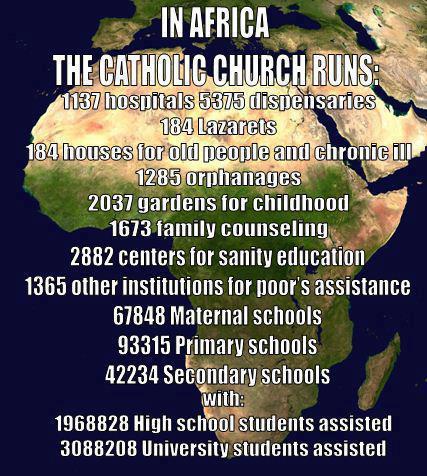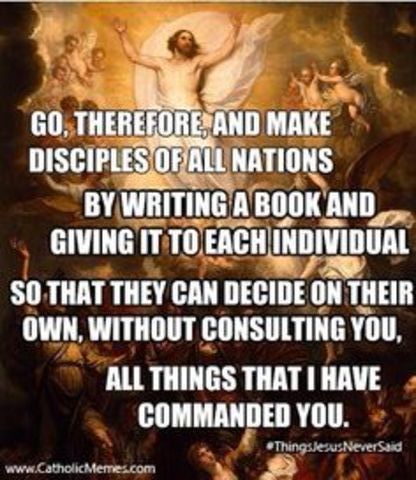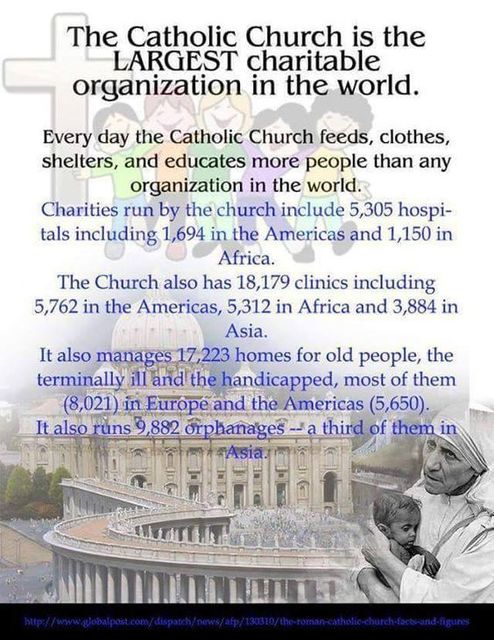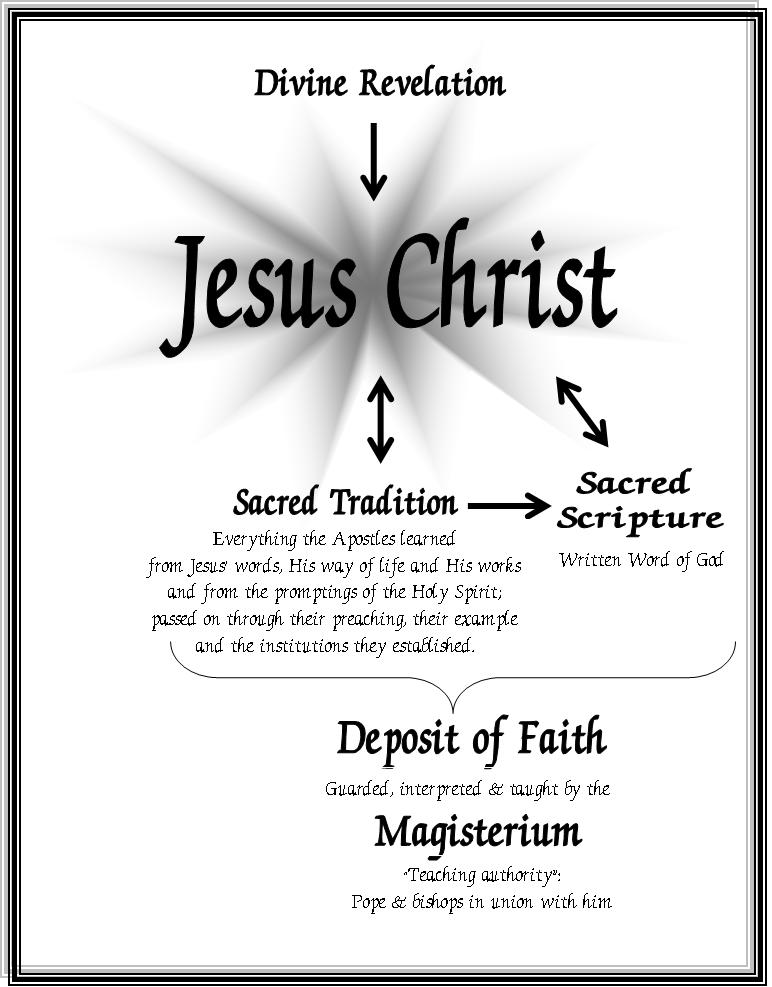Knowingly or not, scholars operated for two centuries under an Enlightenment prejudice that assumes all progress to come from religious skeptics, and that whatever the church touches is backward, superstitious, even barbaric.
Since the mid-20th century, this unscholarly prejudice has thankfully begun to melt away, and professors of a variety of religious backgrounds, or none at all, increasingly acknowledge the church's contributions.
Nowhere has the revision of what we thought we knew been more dramatic than in the study of the history of science. We all remember what we learned in fourth grade: While scientists were bravely trying to uncover truths about the universe and improve our quality of life, stupid churchmen who hated reason and simply wanted the faithful to shut up and obey placed a ceaseless stream of obstacles in their path.
That was where the conventional wisdom stood just over a century ago, with the publication of Andrew Dickson White's book, "A History of the Warfare of Science with Theology in Christendom," in 1896. And that's where most Americans (and Europeans, for that matter) believe it still stands.
But there is scarcely a historian of science in America who would endorse this comic-book version of events today. To the contrary, modern historians of science freely acknowledge the church's contributions — both theoretical and material — to the Scientific Revolution. It was the church's worldview that insisted the universe was orderly and operated according to certain fixed laws. Only buoyed with that confidence would it have made sense to bother investigating the physical world in the first place, or even to develop the scientific method (which can work only in an orderly world). It's likewise a little tricky to claim the church has been an implacable foe of the sciences when so many priests were accomplished scientists.
The first person to measure the rate of acceleration of a freely falling body was Father Giambattista Riccioli. The man who has been called the father of Egyptology was Father Athanasius Kircher. Father Roger Boscovich, who has been described as "the greatest genius that Yugoslavia ever produced," has often been called the father of modern atomic theory. In the sciences it was the Jesuits in particular who distinguished themselves; some 35 craters on the moon, in fact, are named after Jesuit scientists and mathematicians.
By the 18th century, writes historian Jonathan Wright, the Jesuits "had contributed to the development of pendulum clocks, pantographs, barometers, reflecting telescopes, and microscopes, to scientific fields as various as magnetism, optics, and electricity. They observed, in some cases before anyone else, the colored bands on Jupiter's surface, the Andromeda nebula, and Saturn's rings. They theorized about the circulation of the blood (independently of Harvey), the theoretical possibility of flight, the way the moon affected the tides, and the wave-like nature of light."
Their achievements likewise included "star maps of the southern hemisphere, symbolic logic, flood-control measures on the Po and Adige rivers, introducing plus and minus signs into Italian mathematics."
These were the great opponents of human progress?
Seismology, the study of earthquakes, has been so dominated by Jesuits that it has become known as "the Jesuit science." It was a Jesuit, Father J.B. Macelwane, who wrote the first seismology textbook in America in 1936. To this day, the American Geophysical Union, which Macelwane once headed, gives an annual medal named after this brilliant priest to a promising young geophysicist.
The Jesuits were also the first to introduce Western science into such far-off places as China and India. In 17th-century China in particular, Jesuits introduced a substantial body of scientific knowledge and a vast array of mental tools for understanding the physical universe, including the Euclidean geometry that made planetary motion comprehensible.
Jesuits made important contributions to the scientific knowledge and infrastructure of other less developed nations not only in Asia but also in Africa and Central and South America. Beginning in the 19th century, these continents saw the opening of Jesuit observatories that studied such fields as astronomy, geomagnetism, meteorology, seismology and solar physics. Such observatories provided these places with accurate time keeping, weather forecasts (particularly important in the cases of hurricanes and typhoons), earthquake risk assessments and cartography.
The early church also institutionalized the care of widows, orphans, the sick and the poor in ways unseen in classical Greece or Rome. Even her harshest critics, from the fourth-century emperor Julian the Apostate all the way to Martin Luther and Voltaire, conceded the church's enormous contributions to the relief of human misery.
The spirit of Catholic charity — that we help those in need not out of any expectation of reciprocity, but as a pure gift, and that we even help those who might not like us — finds no analogue in classical Greece and Rome, but it is this idea of charity that we continue to embrace today.
The university was an utterly new phenomenon in European history. Nothing like it had existed in ancient Greece or Rome. The institution that we recognize today, with its faculties, courses of study, examinations and degrees, as well as the familiar distinction between undergraduate and graduate study, come to us directly from the medieval world.
It is no surprise that the church should have done so much to foster and protect the nascent university system, since the church, according to historian Lowrie Daly, "was the only institution in Europe that showed consistent interest in the preservation and cultivation of knowledge."
Until the mid-20th century, the history of economic thought started, more or less, with the 18th century and Adam Smith. But beginning with Joseph Schumpeter, the great economist and historian of his field, scholars have begun to point instead to the 16th-century Catholic theologians at Spain's University of Salamanca as the originators of modern economics.
And the list goes on.
By the time of the Reformation, no secular government had chartered more universities than the church. Edward Grant, who has written on medieval science for Cambridge University Press, points out that intellectual life was robust and debate was vigorous at these universities — the very opposite of the popular presumption.
I can already hear the complaint: What about these awful things the church did that I heard about in school? For one thing, isn't it a little odd that we never heard any of the material I've presented here in school? Doesn't that seem a trifle unfair?
But although an episode like the medieval Inquisition has been dramatically scaled back in scope and cruelty by recent scholarship — the University of California at Berkeley, not exactly a bastion of traditional Catholicism, published a book substantially revising popular view — it is not my subject here. My aim is to point out, as I do in my book "How the Catholic Church Built Western Civilization," how indebted we are, without realizing it, to an institution popular culture teaches us to despise.
Commentary: History shows contributions of Catholic Church to Western civilization

Great. You're selling your book. Is that why you are here....make some money. Of course it is.
Stranger




